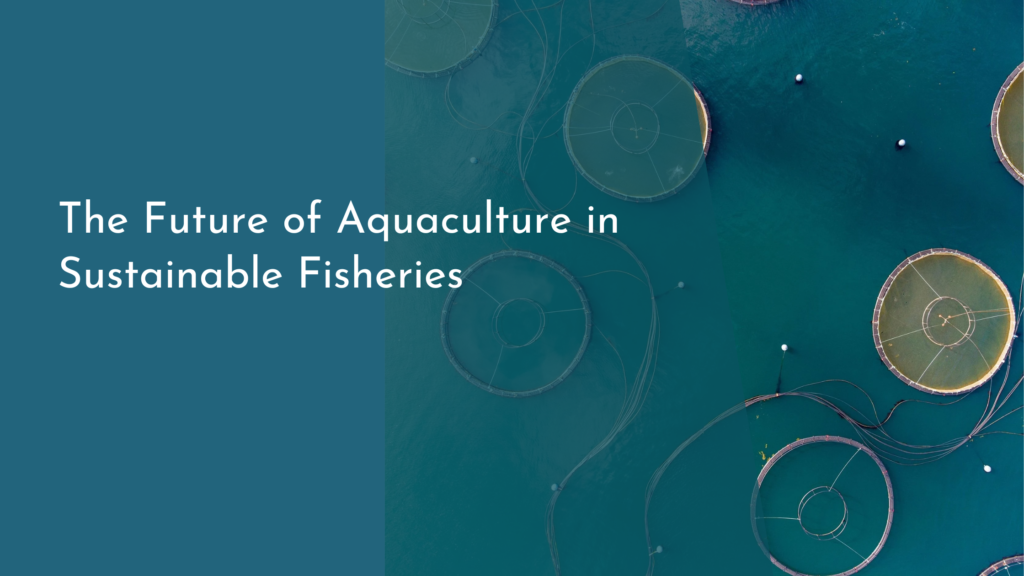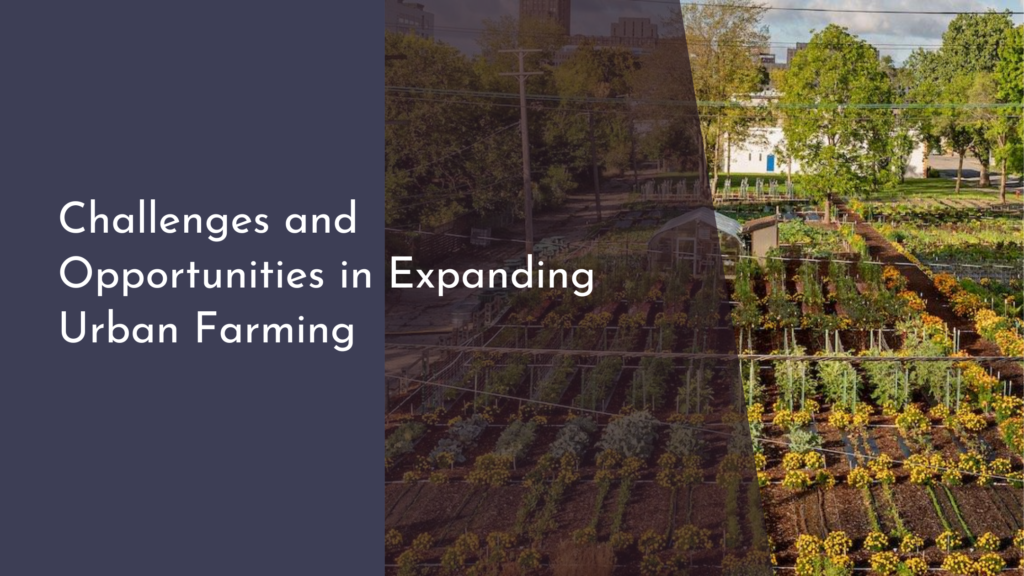Biodegradable solutions for protective packaging in shipping
In a world increasingly aware of environmental challenges, the push for sustainable practices permeates every industry, including shipping. One significant area of innovation is biodegradable packaging, which promises to reduce waste while maintaining product protection. As consumers and businesses alike seek to minimize their ecological footprint, biodegradable solutions provide a cheerful alternative to conventional non-biodegradable materials. This article will delve into the joy of biodegradable packaging, explore the reasons to choose eco-friendly materials, showcase exciting examples of sustainable protective packaging, and highlight the benefits these solutions bring to both our planet and your shipping needs.
Discover the Joy of Biodegradable Packaging Innovations
The advent of biodegradable packaging marks a wonderful milestone in the quest for sustainability. With growing concerns over plastic pollution and carbon footprints, innovators are developing materials that not only protect products during shipping but also decompose naturally after use. These biodegradable options are often derived from natural sources like cornstarch, mushroom mycelium, or recycled paper, making them a delightfully green alternative for packaging. The transition to these materials brings a sense of joy and responsibility, knowing that the packaging won’t linger in landfills for centuries.
Moreover, the aesthetic appeal of biodegradable packaging innovations adds to the charm. Companies are taking the opportunity to create visually pleasing and functional designs that reflect their commitment to sustainability. From stylish molded pulp inserts to elegant corn-based films, these innovations elevate the unboxing experience while keeping ecological considerations at the forefront. Embracing biodegradable packaging allows businesses to showcase their values and engage consumers who are increasingly supportive of environmentally responsible practices.
Why Choose Eco-Friendly Materials for Shipping Needs?
Choosing eco-friendly materials for shipping needs is not just a fad; it’s a forward-thinking approach that benefits businesses and the environment alike. First and foremost, these materials offer an opportunity to align with growing consumer preferences for sustainability. As more people become conscious of their purchasing choices, companies that adopt biodegradable solutions can differentiate themselves in a crowded marketplace, attracting eco-minded customers who appreciate their commitment to reducing waste.
In addition to enhancing brand loyalty, utilizing biodegradable materials can also lead to cost savings in the long run. Many biodegradable options are made from renewable resources, which can be more cost-effective as fossil fuel prices fluctuate. Furthermore, companies that implement sustainable practices may find themselves eligible for government incentives or certifications, adding both financial and reputational value. By committing to eco-friendly materials, businesses create a win-win scenario that fosters customer goodwill while safeguarding the planet.
Exciting Examples of Sustainable Protective Packaging
The realm of biodegradable protective packaging is brimming with exciting innovations that spark creativity and environmental responsibility. One notable example is mushroom packaging, which is made from agricultural waste and mycelium, the root structure of mushrooms. This packaging is incredibly strong and can be molded to fit a variety of product shapes, providing excellent protection during shipping. Additionally, once it’s no longer needed, it can be composted at home, enriching the soil and continuing the cycle of sustainability.
Another captivating development is the use of seaweed-based materials. These innovative films and foams not only serve as a protective barrier during shipping but also break down in marine environments without causing harm. As seaweed grows rapidly and is abundant, it offers a sustainable source for packaging solutions that can significantly reduce our reliance on traditional plastics. With such exciting examples emerging, the future of protective packaging looks bright, offering businesses and consumers alike a chance to celebrate sustainable shipping practices.
How Biodegradable Solutions Benefit Our Planet and You!
Biodegradable solutions are a boon for our planet, significantly reducing the volume of waste generated by traditional packaging materials. By choosing biodegradable options, companies help mitigate the impacts of pollution and contribute to a healthier ecosystem. These materials break down naturally, returning valuable nutrients to the soil and minimizing the harmful effects of plastic waste on wildlife and habitats. This shift towards biodegradable packaging is essential in the fight against climate change and offers a hopeful pathway toward a cleaner, greener future.
On a personal level, adopting biodegradable packaging can enhance your reputation as a responsible and eco-conscious consumer or business. When you choose products packaged in sustainable materials, you send a powerful message that you care about the environment and are willing to support brands that share your values. This commitment not only fosters a sense of community among like-minded individuals but also encourages others to consider their packaging choices. Together, we can create a ripple effect that leads to a more sustainable world, one package at a time.
The journey towards sustainable shipping practices is filled with innovative and cheerful solutions, proving that we can protect our planet while still meeting our packaging needs. Biodegradable protective packaging stands at the forefront of this movement, offering companies and consumers alike the chance to make a difference. By embracing eco-friendly materials, we not only enhance our brands and experiences but also contribute to a healthier environment for future generations. So let’s celebrate these joyful innovations and continue to seek out ways to make our shipping practices as sustainable as possible!


